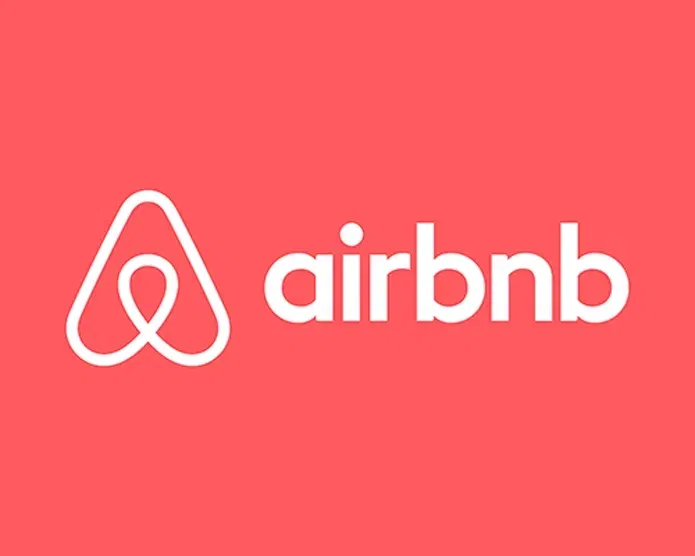1,541 reads
Airbnb - Time to Reflect for This Disruptive Company
by
April 4th, 2023
Audio Presented by

An experienced AI product leader with a keen interest in innovative products and game-changing business models.
About Author
An experienced AI product leader with a keen interest in innovative products and game-changing business models.
